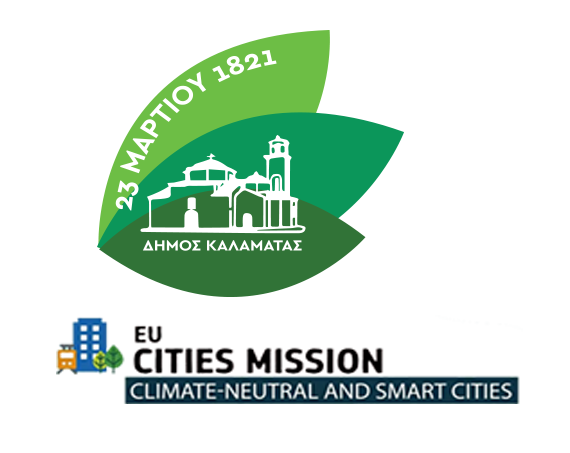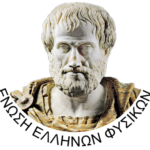Speakers
Energy & Environment
Paraskevi Raftopoulou
Paraskevi Raftopoulou graduated in 2000 from the Department of Computer Science of the University of Crete. In 2003 she received a Master’s degree in Computer Science and in 2009 she received her PhD in Information Management from the Department of Electronic and Computer Engineering at the Technical University of Crete. During the periods October 2007 – December 2007 and March 2008 – July 2008 she worked as a visiting researcher in the Database and Information Systems group at the Max-Planck Institute of Computer Science (MPII) in Germany under the supervision of Prof. Gerhard Weikum. Since August 2008 until today she is Research and Teaching Staff at the Department of Computer Science and Telecommunications of the University of Peloponnese and member of the Software and Database Systems Laboratory (SoDa.Lab). Finally, since July 2011 she acts for the European Commission as external evaluator for research proposal funding. Her research interests lie at the intersection of distributed systems and data management, with extensions to social networks, data mining, databases and digital libraries, and recently she has been working on the application of the above to transport and agriculture. Since 2000 to date, she has participated or is actively involved in more than 20 research projects funded by European or national funds. Since 2002 she has (co-)authored more than 25 papers in her research areas of interest, which have been published, after peer review, in reputable journals and conferences in the field. Finally, she has supervised or mentored 18 undergraduate and graduate students and has participated as a referee in more than 30 conferences and journals in the field.
Smart cities
“More and more often we hear about smart cities. But what are smart cities really? And how can technology provide a better quality of life for citizens?
Dr. Paraskevi Rautopoulou, H.E.D. in the Department of Information Technology and Telecommunications, will give the definition of a smart city, mention the technological elements necessary in its construction, and explain why, after a decade of trial and error, we are realizing that smart city strategies start with people, not technology. Because a smart city is not just about installing modern technologies in traditional infrastructure or streamlining city operations. It is also about the deliberate use of technology and data to make better decisions and provide a better quality of life. And quality of life has many dimensions, from the air we breathe to the safety we feel walking on the streets.”





